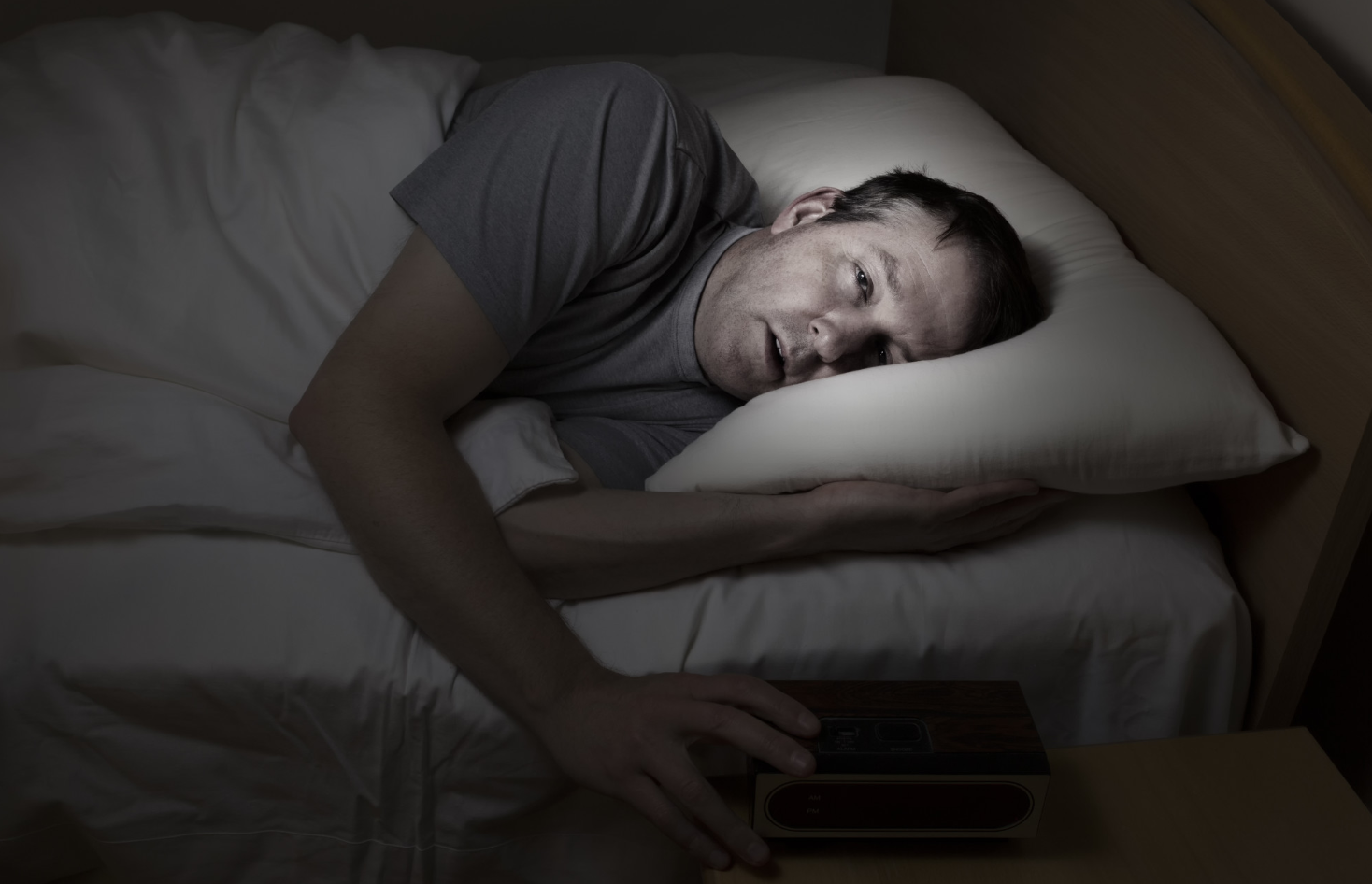As many as 164 million Americans will have trouble getting to sleep at least once this week.
If you’re one of them, take comfort in knowing that you’re not alone.
On its surface, struggling with restless sleep is an inconvenience. (Especially if your partner snores!) When you look deeper at the issues that sleep deprivation brings about, though (like not having the energy to play with your kids or to perform at work), concerns become more grave.
Fortunately, the majority of people can recover from their sleep issues.
They do so with the help of medical guidance and lifestyle adjustments.
If you’re curious about how you can expedite your ability to get to sleep in a timely matter, keep reading for some helpful suggestions.
1. Talk to a Doctor
If your restless sleep has evolved to the point that it’s wreaking havoc on your life, the best thing that you can do is speak to a medical professional.
There are clinical illnesses that may be contributing to your sleep issues (restless leg syndrome, for example). A doctor can prescribe medication to assist with those problems.
If your sleep struggles are not attributed to physical illness, a doctor can still offer qualified advice on a more holistic approach to tackle your sleep deprivation.
2. See a Therapist
Your physician should be able to refer you to a therapist if they feel that psychological services could benefit your well-being.
That’s a smart move seeing as how stress and its underlying factors can make it impossible to get to bed at night.
Therapists can help you work through struggles that you’re facing in your personal life, which may help you achieve peace of mind and more restful evenings.
3. Change Your Diet
When your body’s digestive system is working hard, so is your brain.
Therefore, it stands to reason that eating large, heavy meals before bed is not going to be conducive to sleep.
Looking beyond eating before bed, consuming unhealthy foods at any time can make your heart work harder and your breathing more labored which can make it difficult to get rest.
Work by yourself, visit this website, or work under the guidance of a professional to find healthy eating supplements and create a clean dietary routine.
If you do, you’ll find that in just a few weeks, you’ll not only feel great awake but will have a much easier time getting to sleep.
4. Start Meditating
Mindfulness meditation constitutes sitting in a quiet area for as little as five minutes per day and focusing on your breath.
This time allows your brain to stop lamenting on all your thoughts for a few minutes which can have massive benefits to your health.
There are several free mindfulness meditation resources online.
UCLA offers an outstanding set of guided meditations that you can find here.
5. Cut the Caffeine
Most people have a cup of coffee at some point during the week.
While coffee’s ability to pick you up is helpful when getting started in the morning, that benefit can be destructive when you’re trying to sleep at night.
The less that you consume coffee throughout the day, the better chance that you’ll have at getting to sleep at night. If you can’t cut coffee out of your whole routine, make it a point to not drink any past 6 pm.
6. Work Out
The more tired your body is, the more desperate it’ll be for rest as soon as your back hits the sheets.
That’s why sleep evangelists love recommending a good workout to those that have trouble dozing off.
To make working out as impactful on your sleep as possible, try getting in a good session 90 minutes or so before bed, shower afterward, and then head straight to your room.
7. Get a Massage
Massages are a great way to induce relaxation which can lead to better sleep.
If you have a partner or can hire a professional that can give you a back massage before bed, make it happen.
We recommend lighter massage techniques like Swedish massages since they’re more conducive to dozing off (over a more pressure-driven massage).
8. Adopt a Sleep Routine
If you can put your sleep schedule on a consistent routine, you’ll increase your chances of soundly resting exponentially.
A simple sleep routine might be wrapping up what you’re doing at 10 pm every night and getting into bed by 10:30 pm with the lights off.
Add that to waking up at the same time every day and eventually, your body will naturally want to doze off at 10:30 pm and wake up when your alarm goes off.
9. No Distractions in Bed
If your brain is trained to go on Instagram whenever your head touches a pillow, that’s what it’ll crave.
To make sure that your brain doesn’t form those destructive connections, make a ‘no technology in bed‘ policy.
Whenever you’re under the covers, your sole focus should be on sleeping.
Through Our Suggestions, You Can Beat Restless Sleep
Restless sleep is a common phenomenon that can be corrected by being proactive.
We hope that the suggestions we’ve given help to guide you towards a routine and any medical supports that you may need to enjoy a restful night.
After all, there’s nothing quite like a good night’s sleep.
From health to technology, our team covers stories on just about every topic that’s meaningful to you.
If you’d like to answer all those pressing questions you have on your mind, read more of the newest content in our digital publication.

Leave a Reply